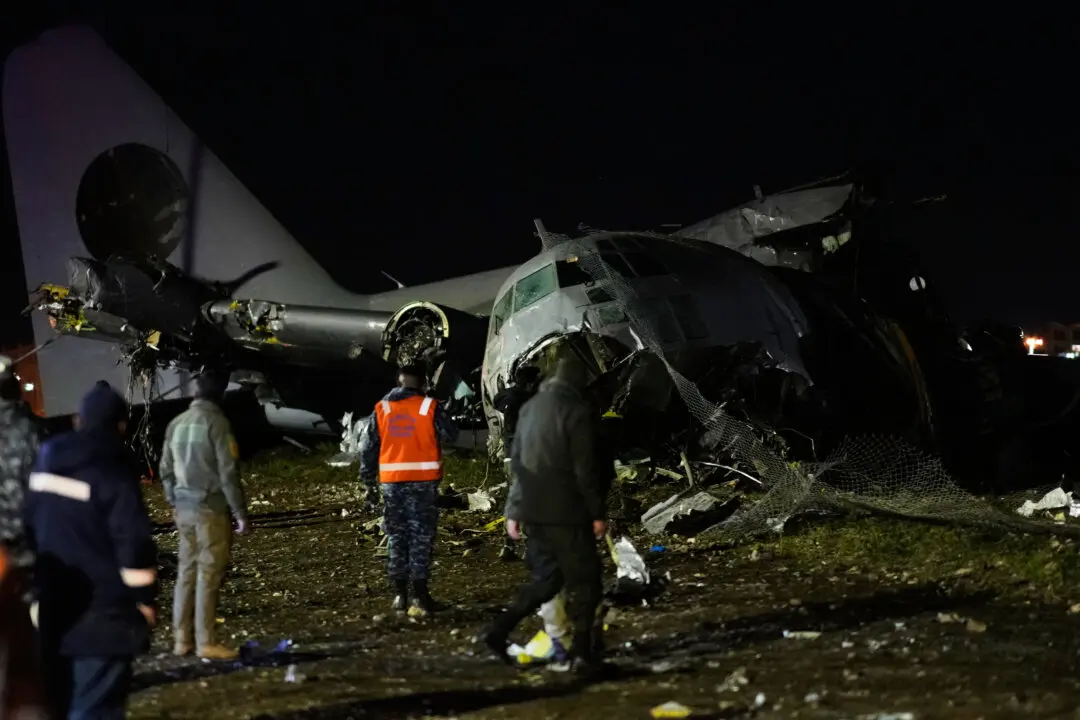TORONTO/TOKYO—The International Olympic Committee has decided to postpone the Tokyo 2020 Summer Games because of the CCP virus pandemic, IOC member Dick Pound told USA Today.
The Epoch Times refers to the novel coronavirus, which causes the disease COVID-19, as the CCP virus because the Chinese Communist Party’s coverup and mismanagement allowed the virus to spread throughout China and create a global pandemic.





